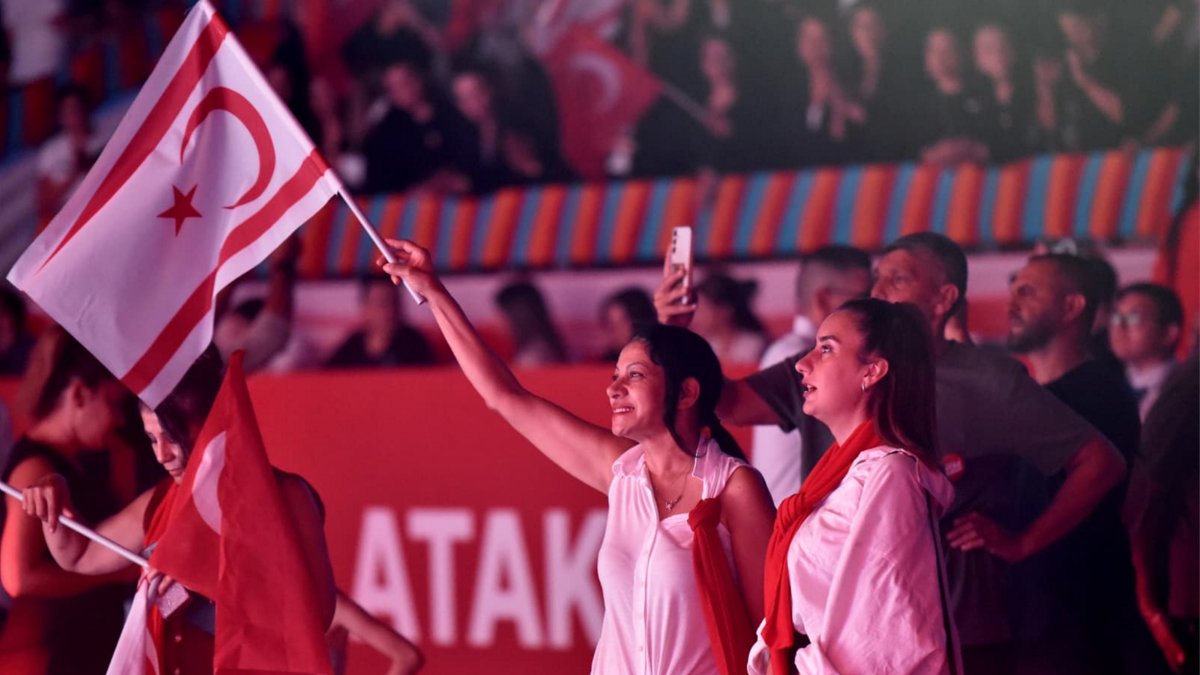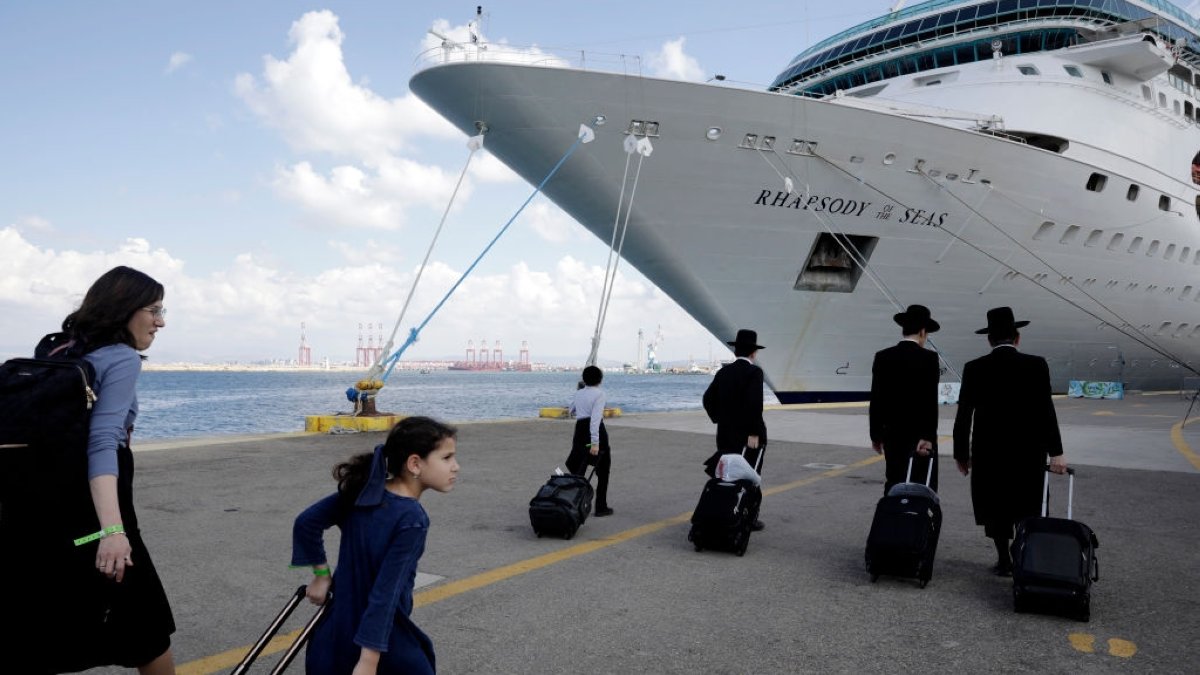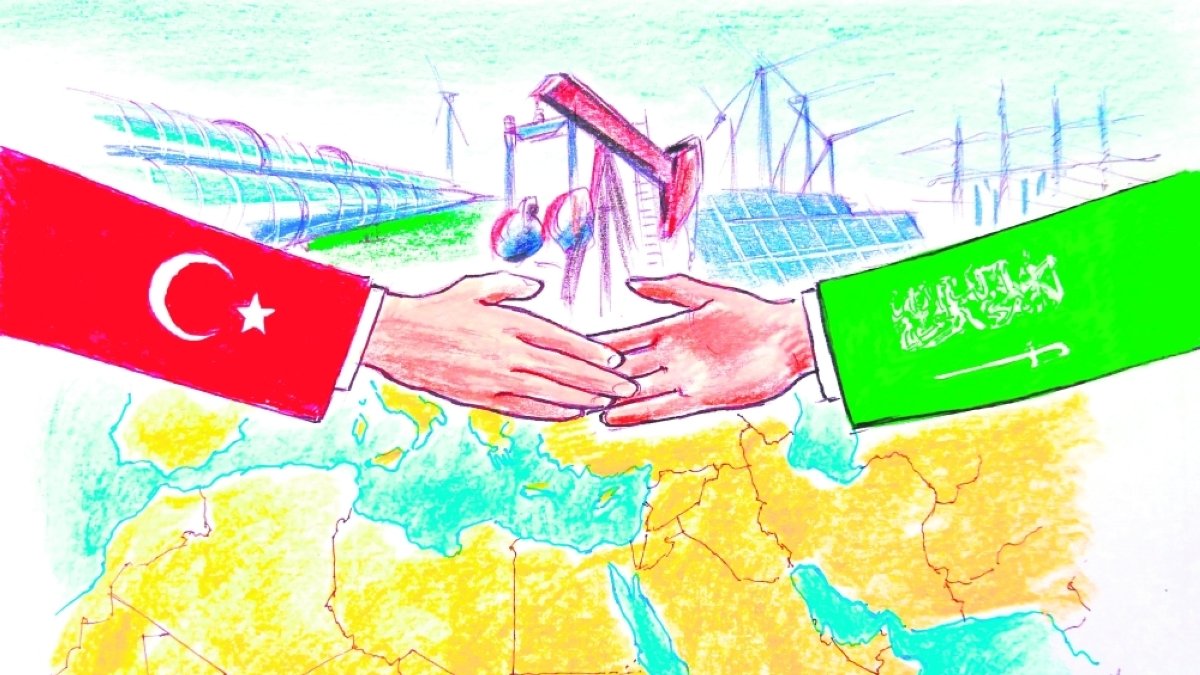TRNC presidential elections: Moving forward or making a U-turn?
Source: DAILYSABAH
The Turkish Cypriot people will go to the polls to elect the president of the Turkish Republic of Northern Cyprus (TRNC) on Oct. 19. Although eight candidates are contesting the elections, it is expected that the election will be between the incumbent president, Ersin Tatar, and the leader of the main opposition Republican Turkish Party (CTP), Tufan Erhürman.
The TRNC has a strong democratic tradition and has been electing a president since 1976. Presidential elections are held regularly every five years. The country is described in its constitution as having a parliamentary system. In practice, however, it operates as a semi-presidential system. According to the constitution, the president of the republic is the head of state, representing the Turkish Cypriot people in the international arena as their leader. Therefore, the main duty of the president is to represent Turkish Cypriots in the international arena rather than being involved in domestic affairs.
As a supporter of the federal solution, Erhürman claims that two politically equal constituent states will form a “new” federal state of Cyprus, and the Turkish Cypriots will have a voice on critical matters relating to foreign affairs, security, hydrocarbons, citizenship, etc. He insisted that the new settlement will be embedded into the primary law of the European Union, and he will initiate a “time-oriented” federal solution negotiation that will have “consequences” for the Greek Cypriot side if they leave the table.
Contrasting claims, realities
Unfortunately, the “realities” of the island and the Greek Cypriot administration’s long-standing embedded state policies do not leave any space for these arguments to be even called “dreams.” The Greek side never mentions a “new state” or political equality of Turkish Cypriots. According to their “state policy,” the Greek-occupied so-called Republic of Cyprus is an EU member state, and Turkish Cypriots will join this state by terminating the TRNC. In other words, after the illegal and unjust unilateral acceptance of the Greek Cypriot state into the EU, the possibility of a bi-communal, bi-zonal federation is now practically not possible.
This mindset defines the whole island as a “Greek homeland” and outlines the “Cyprus problem” as Turkish “occupation.” In this connection, the Greek Cypriot leadership made it very clear that the federal solution negotiations will only start after the Turkish Cypriot side accepts the removal of Turkish soldiers on the island and termination of Türkiye’s guarantorship on the island.
Furthermore, to assure the minority status of the Turkish Cypriots, it is declared that a federal solution should be compatible with the EU laws and principles based upon freedom of movement, settlement, and buying property, although this has never been a U.N. parameter. Moreover, the Greek leadership made it crystal clear that it will not compromise on the “functionality” of the state, and all the critical decisions will be made by the “federal authority,” which means that Turkish Cypriots will not have a voice on the critical matters that Erhürman claims. In this respect, it should also be underlined that the Greek Cypriot side is not concerned about being “punished” for “leaving the negotiation table.” Their hijacked state administration is recognized by the international community; thus, in the past, all the promises given to the Turkish Cypriot people remained unfulfilled.
The Greek Cypriot administration also has “Plan B” if it cannot erase the TRNC from the map by federal consent. For instance, as a very contemporary example, in his speech at the Federation of Greek Cypriot Organizations of America in New York just before the trilateral meeting in September, Greek Cypriot leader Nikos Christodoulides said: “We are realistic and we know very well that we cannot save our ‘homeland’ by relying on international law. Therefore, we align the interests of the Greek Cypriot side with those of powerful states.” This confession also reveals the true intentions of the escalating arms proliferation of the Greek Cypriots.
Last but not least, the Greek Cypriot administration’s unjust, unlawful, discriminatory, oppressive and intolerant isolation imposed on the Turkish Cypriots for decades proved long ago that this mindset cannot accept the Turkish Cypriot people as an equal partner. As evidenced by the former Greek Cypriot Foreign Minister Nicos A. Rolandis, the Greek Cypriot side has rejected all the settlement plans to date, including the 2004 Annan Plan. The 2017 Crans-Montana talks were the last attempt to achieve a federal settlement on the island, which was once again rejected by the Greek Cypriots.
Sovereignty of TRNC
Considering all these “facts,” Tatar’s two-state solution is a timely response to the geo-political and geo-strategic challenges of the chaotic era we are witnessing and an uncompromised Greek stance that appreciates itself as the sole “owner” of the island. The so-called “unification” of the island under the federal Greek-dominated authority will end all peace on the island and the region beyond. Simply stating, it was these factors that made the two-state solution an irreversible “state policy” both in the TRNC and the Republic of Türkiye by parliamentary decisions.
Since his election as the fifth president of the TRNC, Tatar has had a constructive spirit and pragmatic attitude, preferring diplomacy over unilateralism, as evidenced by the Turkish Cypriot side’s “win-win” proposals for the benefit of both sides. As put forward by Tatar, a fair, realistic, practical and sustainable solution in Cyprus can only be reached considering the existing realities on the island, namely two separate peoples and two separate states. This will form the foundation on which the Turkish Cypriots and Greek Cypriots will build a future based on cooperation and good neighborly relations that will definitely contribute to the much-needed stability in the Eastern Mediterranean region. The Turkish Cypriot and the Greek Cypriot people deserve a better future. In this respect, on Oct. 19, the Turkish Cypriot people will decide on this basis between going forward or making a U-turn.
The original article: belongs to DAILYSABAH .


